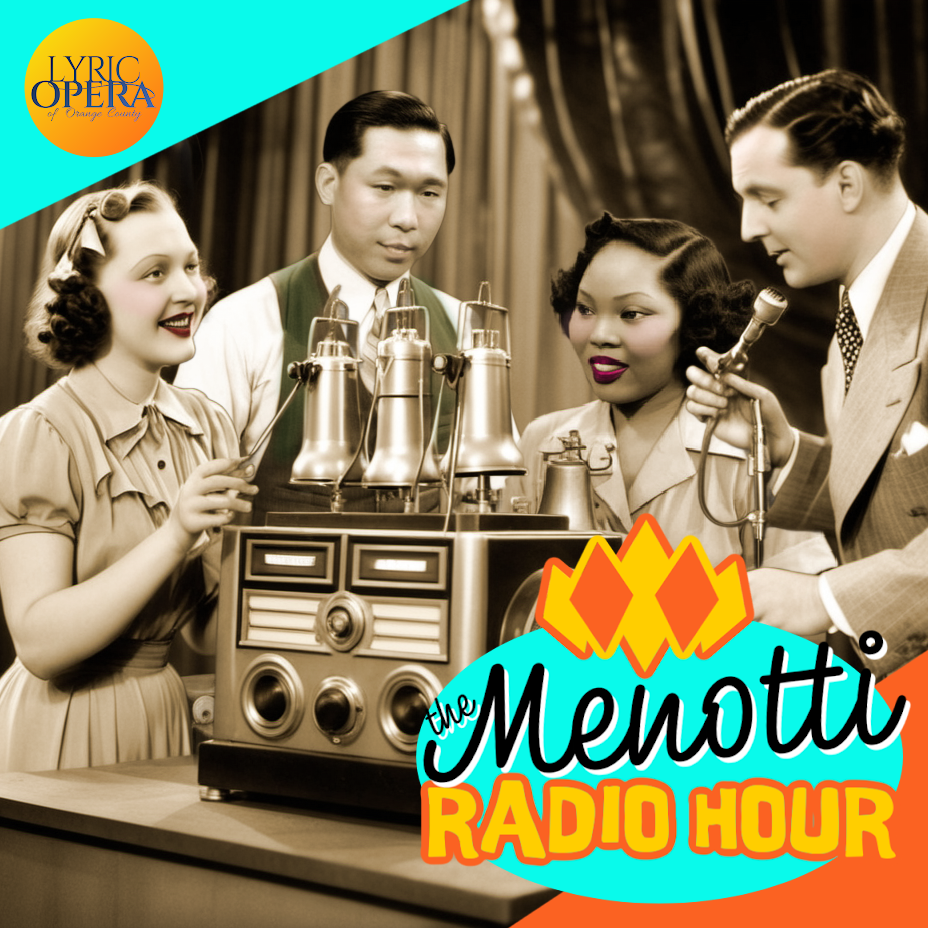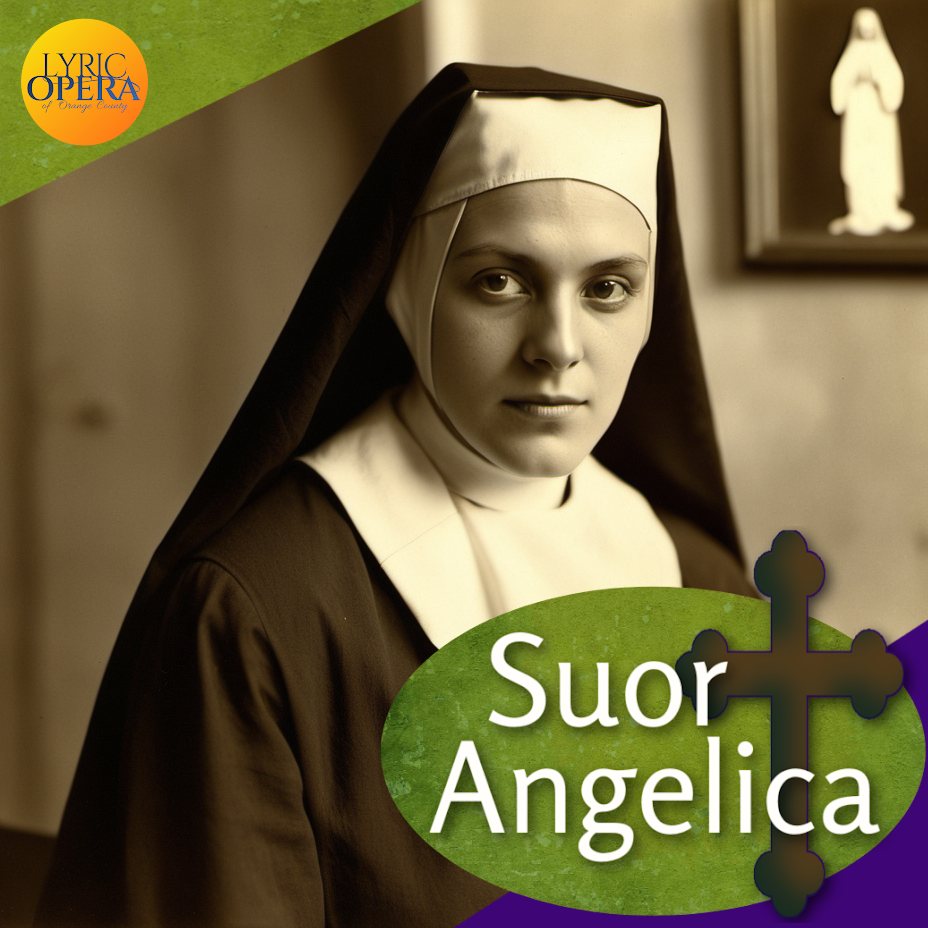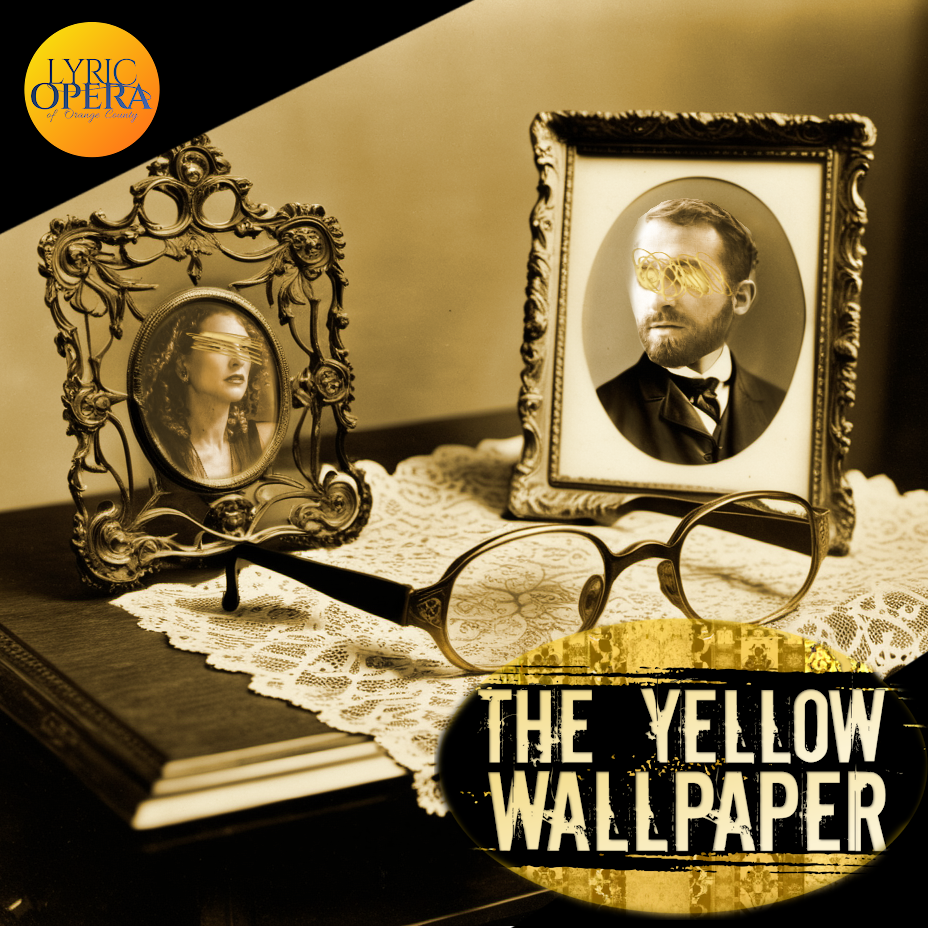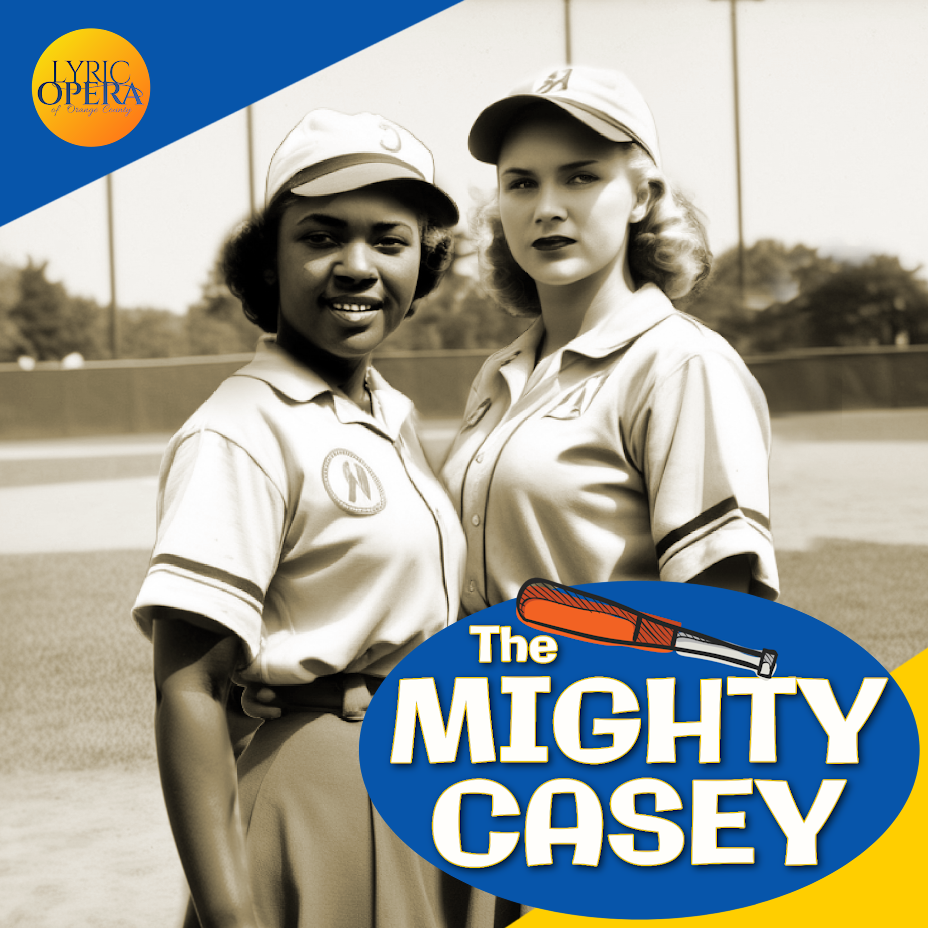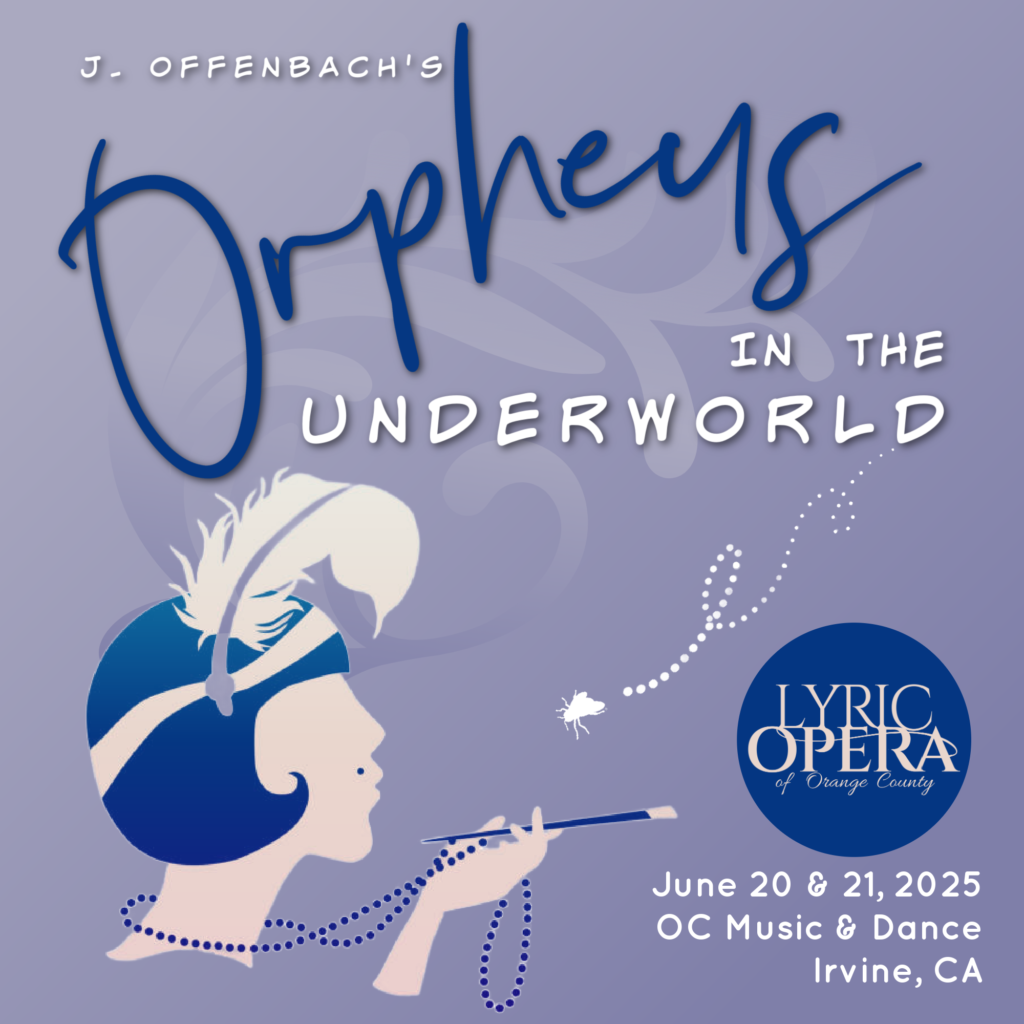Off Book: Cynthia Wohlschlager, Vol. 1, Ep. 7
August 28, 2021
What do you wish you could go back in time and tell yourself as an emerging artist?

If I could go back in time, I would look at myself in the mirror and remind the girl who looked back that she is okay just the way she is. I would remind her that she doesn’t need to ask for permission from others to be herself, to make decisions, or to pursue what she knows to be true in her heart. In becoming a professional artist, we need to stay connected to who we are as we soak up all of the advice and opportunities surrounding us.
The list of things I felt I needed to perfect in order to be the “elite” opera singer appeared endless while attending conservatory. I was passionate with a seemingly unquenchable thirst for more information. I was an over-achiever, and I was a rule follower. I took everyone who taught me at their absolute word on everything without allowing the information to seep through my own understanding of humanity. I placed teachers, other singers, and directors on elevated platforms above me. I hurried to do everything as perfectly as possible to prove to them (and myself) that I was worthy of being there. I took myself – and others – way too seriously because I felt that was what one needed to do.
Now, I look back at my younger self with a smile. I want to whisper to her … take a moment … breathe … ground yourself. Perfect doesn’t exist, and if it did, it would be boring. We are all worthy just because we are human. Hierarchies are contrived by society and live in our minds. No one is a better or more deserving person because they are farther up the ladder. Complete seriousness is not the only way to achieve success, and “trying your best” is not the same as allowing yourself to experience organically.
Tell us about a professional situation where you didn’t have a desired outcome, but you learned something important instead.
I was a very eager and outgoing young professional that acted on every chance I saw for growth, not just personally but also for my students. When I saw the opportunity to create an opera program where one did not exist, I, of course, jumped in headfirst. I poured everything into starting and growing that program with the hope that hard work equals desired outcome. If the administration saw how successful this could be, I hoped they would put support and resources into its continued growth. Those first few years were challenging, working with zero budget, no traditional performance venues, no professional technicians, costumers, or stage crew, but I persisted. While I didn’t ever get adequate funding or a technical team at that institution, I learned many valuable skills regarding the intricacies of starting and running a collegiate opera program. I know how to develop a performance from beginning to end: diction coach, music, acting coach, blocking, lighting, surtitles, choreography, and sound. Costumes and props were gathered through thrifting, borrowing, and Amazon. I know how to bring in an audience and use the ticket revenue to help build the next production. I know how to find performance spaces and make sets. These skills led me to become a more sensitive and understanding director in a collaborative setting. I know how much time and energy it takes for each professional role within a production. Because of this, I value all of my team’s contributions in the highest regard.
How has your career path changed from what you envisioned as a young artist?
My younger self absolutely could not have predicted my professional career path! I thought I knew what I wanted to do and where I wanted to go. My advice would be to stay open to your gifts and abilities. Do not limit or box yourself in, but dig as deep as you can into anything you decide to do. What I’ve learned is everything that crosses our path shapes the person we become. During my career, I had a few substantial shifts. From soprano to mezzo, from performer to college educator, singer, and director. I initially struggled with my identity. I was told that I needed to pick “only one” and that excellence couldn’t be achieved with the division of interest. I didn’t know what to do because I was drawn to it all. I concluded that performing, teaching, and directing were equally important to me and that I had enough room in my heart and mind for all three. This path is not something I could have imagined for myself as a young artist, but I wouldn’t change it for the world.
